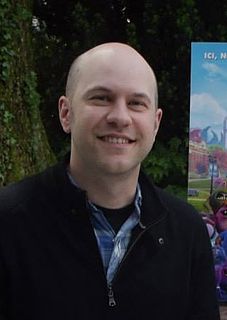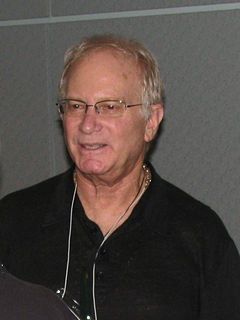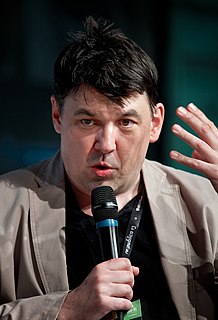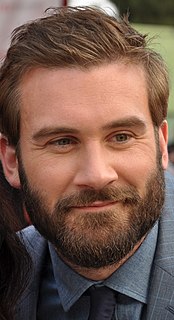A Quote by Donald Miller
A story is a character who wants something and overcomes conflict to get it.
Related Quotes
If you want to shrink something, you must first allow it to expand. If you want to get rid of something, you must first allow it to flourish. If you want to take something, you must first allow it to be given. This is called the subtler perception of the way things are. The soft overcomes the hard. The slow overcomes the fast. Let your workings remain a mystery. Just show people the results.
Character drives the story, and the story drives the book. I don't think about where the action should go, or how much there should be, until it's required by the characters. When I find myself adding conflict just because I'm afraid that the reader might get bored, I know I've taken a wrong turn somewhere.
He [Mark Webb] is very savvy, technically, he's shot so many videos, he knows how to get what he wants. The surprise, of course, is that he's also an extremely humanistic story-teller. He's obsessed with story and character, and not just making it look right, which is a double-thred that's rare in directors.
When you have a conflict, that means that there are truths that have to be addressed on each side of the conflict. And when you have a conflict, then it's an educational process to try to resolve the conflict. And to resolve that, you have to get people on both sides of the conflict involved so that they can dialogue.
As to the "traditional filler of twenty-first century realist fiction," maybe that is something I avoid. I don't relate to standard psychologizing in novels. I don't really believe that the backstory is the story you need. And I don't believe it's more like life to get it - the buildup of "character" through psychological and family history, the whole idea of "knowing what the character wants." People in real life so often do not know what they want. People trick themselves, lie to themselves, fool themselves. It's called survival, and self-mythology.



































